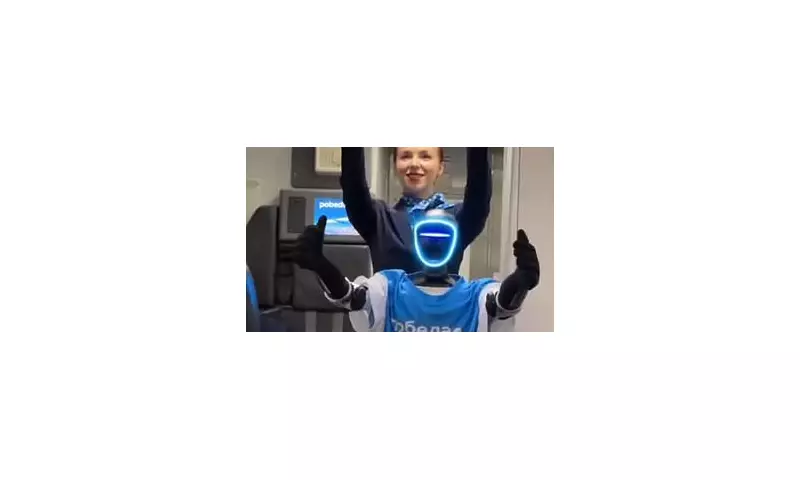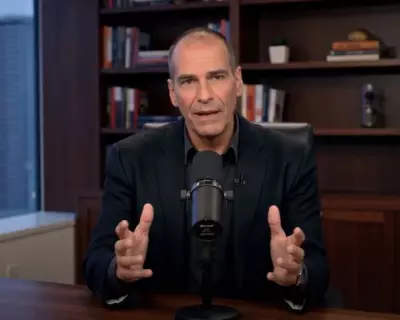
In a significant step toward the future of air travel, a humanoid robot has successfully completed duties as a flight attendant during a commercial airline flight in Russia. The groundbreaking experiment saw the artificial intelligence-powered machine interact with passengers and perform cabin crew routines aboard a fully booked Boeing 737.
The Robotic Crew Member Takes Flight
The humanoid agent, developed by Unitree Robotics and named Volodya, made its aviation debut working alongside human crew members for low-cost carrier Pobeda Airlines, a subsidiary of Russia's flagship carrier Aeroflot. The test occurred on a commercial flight route from Ulyanovsk to Moscow, representing one of the first instances of a humanoid robot serving in such a capacity on a passenger aircraft.
Dressed in a blue t-shirt matching the airline's uniform, Volodya greeted boarding passengers with handshakes and proceeded to check several boarding passes. The robot then moved to the front of the cabin to assist with pre-flight safety instructions before taking its own window seat during takeoff and landing procedures.
Capabilities and Limitations of Robotic Assistance
Manufacturers describe the Unitree Robotics creation as "sensitive and reliable" with an impressive range of capabilities including performing backflips, Tai Chi movements, soldering, and handling delicate objects. During the flight, Volodya walked the aisle and interacted with passengers while airborne, demonstrating its mobility and interactive functions.
However, the experiment revealed clear limitations in replacing human crew entirely. Human flight attendants maintained responsibility for all critical safety and service tasks throughout the journey, including securing the cabin, answering passenger questions, and serving food and beverages. The lightweight machine also demonstrated difficulty maintaining stability during turbulence, highlighting one of several challenges for robotic implementation in aviation environments.
Broader Implications for Aviation Technology
Pobeda Airlines has clarified that the demonstration was strictly a technology test supervised by human crew members rather than an indication of immediate plans to replace staff with robots. The airline, which operates flights across Russia and to select destinations in Turkey, Belarus, and Uzbekistan, is currently banned from flying into the European Union due to international sanctions.
The aviation trial coincides with other technological innovations transforming air travel, including Otto Aerospace's Phantom 3500 concept aircraft featuring TV screens instead of windows. This £14.5 million design utilises external camera technology to provide immersive views while improving fuel efficiency by approximately 60% compared to traditional aircraft through enhanced laminar flow. Private jet company FlexJet has already placed a substantial order for 300 units of this futuristic aircraft scheduled for launch in 2027.
While Volodya's successful demonstration marks a milestone in aviation robotics, the experiment confirms that human crew remain essential for comprehensive passenger safety and service, positioning robotic assistants as potential supplements rather than replacements in the foreseeable future of air travel.





